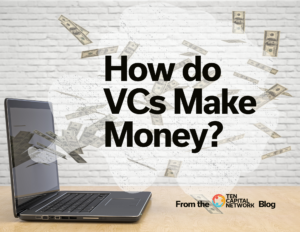
Are They Serious?
1 min read The startup world is full of big ideas. Entrepreneurs have grand plans to make these big ideas a reality. It is the

1 min read The startup world is full of big ideas. Entrepreneurs have grand plans to make these big ideas a reality. It is the

2 min read Many individuals looking to enter the investor realm will consider becoming a venture capitalist. This can be a profitable endeavor, however, it